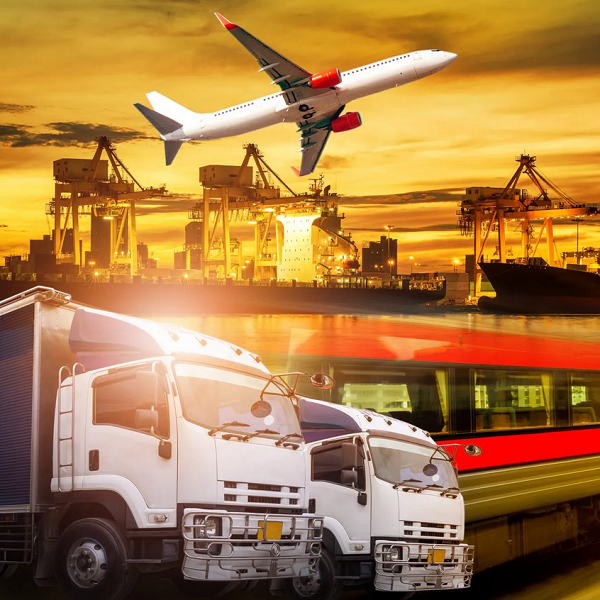
Driving the economy forward depends on healthy transport sector: Earlypay
With the most recent March figures from the Australian Bureau of Statistics (ABS) indicating the nation’s economy is slowing, the hits keep on coming for the nation’s small to medium businesses.
The ABS figures released show the Australian economy grew by just 0.2 per cent in the March quarter of 2025, with the Bureau describing the quarter’s growth as “soft”.
The slowdown comes on top off a number of challenges being experiences by the SME sector with changes to the instant asset write-off limit coming into effect post June 30 as well as changes to the deductibility of the ATO’s general interest charge (GIC).
What this means is companies with an unpaid tax debt who are currently charged the GIC in their debt will no longer be able to pay claim the GIC as a deduction on their tax returns.
Chief Executive Officer of of invoice financing specialists Earlypay, James Beeson, says these changes from the ATO coupled with a rise in the minimum wage being passed down from the Fair Work Commission and an increase in the superannuation levy in a constricting economy make for a near perfect storm of headaches for small business.
Beeson highlighted the current woes are hitting different sectors of the economy differently with the transport industry one of the hardest hit.
“The headwinds are significant for the transport sector which must not only confront these economy-wide challenges but is also battling a shortage of drivers right across the country.
“More pertinently, with so much of the economy dependent on road transport as it is the backbone of our supply chains when it comes to food delivery as well as fuel and online retail for example, a struggling transport sector hits every consumer in the hip pocket,” Beeson said.
CEO and Chair of Natroad, the National Road Transport Association, Warren Clarke, recently made it very clear that operators are battling against the strongest of headwinds including the rising cost of living, escalating interest rates and increasing wages.
He said the driver shortage crisis won’t go away with last year’s 2024 Global Truck Driver Shortage Report by The International Road Transport Union (IRU) projecting Australia will have a huge driver shortage problem – 78,000 unfilled positions – by 2029.
“In 2025, trucking operators are already dealing with close to 28,000 unfilled driving positions in Australia,” Clarke said.
“My concern is that many operators have their back against the wall, and it’s going to take real leadership and collaboration from all levels of governments to resolve the situation.”
For Clarke this means more needs to be done to train people and attract a younger generation to the trucking industry by highlighting it as offering a safe and professional career path.
Beeson echoed these comments and said the government needs to support more flexible and fit-for-purpose training pathways if the transport sector is going to start moving forward and address the driver shortage front-on.
According to Beeson, Earlypay deal with SMEs across a range of sectors which puts them in the unique position of being able to speak directly to the unique financial challenges and cash flow pressures of each sector.
“This makes our solutions more relevant, credible, and actionable for the businesses we aim to support,” Beeson said.
“Earlypay’s invoice finance offering gives them immediate access to the cash they’ve already earned without waiting 30, 60, or even 90 days to get paid and that cash can be used to pay suppliers, staff, or reinvest in growth.”
“While Earlypay can assist transport companies overcome some of their cashflow issues, the sector would benefit from a range of government policy initiatives including reducing the small business company tax rate from 25 to 20 per cent as well as smarter regulation on road access for heavy vehicles and better support in terms of assisting in the energy transition,” Beeson added.
“The transport sector literally drives the economy forward and operators urgently need more support if we’re going to keep Australia moving.”


